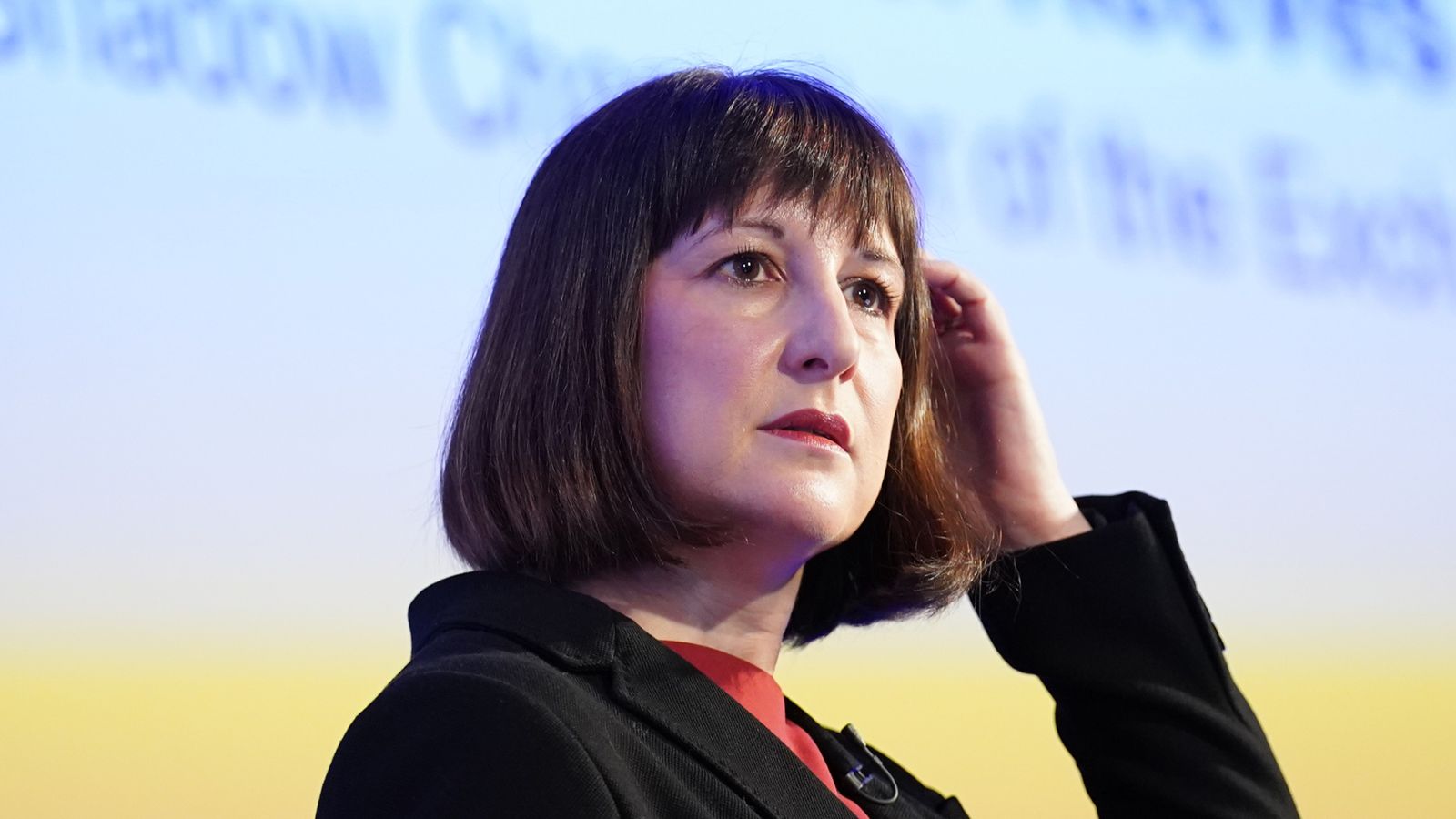Solent&Wessex
Established Member
- Joined
- 9 Jul 2009
- Messages
- 2,685
Mods: Feel free to merge this with the original thread, which is locked, as I can't post this response there.
I haven't seen the RDG response to the RMT posted anywhere, so here it is.
In summary form their response is as expected - "we've made our offer and that is that as far as we're concerned ".
Full text and copy below:
I haven't seen the RDG response to the RMT posted anywhere, so here it is.
In summary form their response is as expected - "we've made our offer and that is that as far as we're concerned ".
Full text and copy below:
Dear Mick,
Defend Jobs, Pay and Conditions – Train Operating Companies
I refer to your letter of 25th August 2023 setting out your union’s position on the above current dispute.
We are agreed that we need to navigate a way through these disputes. The continuation of industrial action is disrupting passengers’ lives, damaging confidence in using the rail network and costing your members significant lost earnings that they will never recoup.
Whilst we appreciate you clarifying your union’s position, unfortunately, the suggested stages that you have set out for a 1-year straight pay deal ignores the crippling financial challenge the industry faces, with an excess of £2bn shortfall in passenger revenues that must be addressed in order to fund the pay rise we want to give our people. Nor does it remove the on-going threat of strike action or commit to ending this dispute.
As I know you are aware, we were extremely disappointed that our last offer of a proposed 2-year deal set out in a Dispute Resolution Process, built in collaboration with your negotiating team, was not put out to a referendum of your members after review by your Executive. It included a number of concessions you had requested, including removal of Driver Controlled Operation (DCO) and respected individual TOC collective bargaining arrangements.
This offer remains on the table and provides a reasonable compromise that would see RMT members receive a 5% pay increase, or a minimum increase of £1,750 for 2022, and a further 4% in 2023 -equating to a 13% increase for the lowest paid, with the latter increase subject to engaging in meaningful discussions on specified workforce reform areas. While you have since argued that no union would agree to terms which would have seen them resolve the current dispute before year 2, our position has always been that a pay increase is conditional on removing the constant threat of industrial action.
Notwithstanding the above, we are encouraged that you are seeking to move forward, and we continue to remain available for industry talks next week to explore options that would enable us to be able to give our employees a pay increase while ending the industrial action that will see your members lose further earnings.
Yours sincerely,
Steve Montgomery
Chair Rail Delivery Group
Attachments
Last edited:


